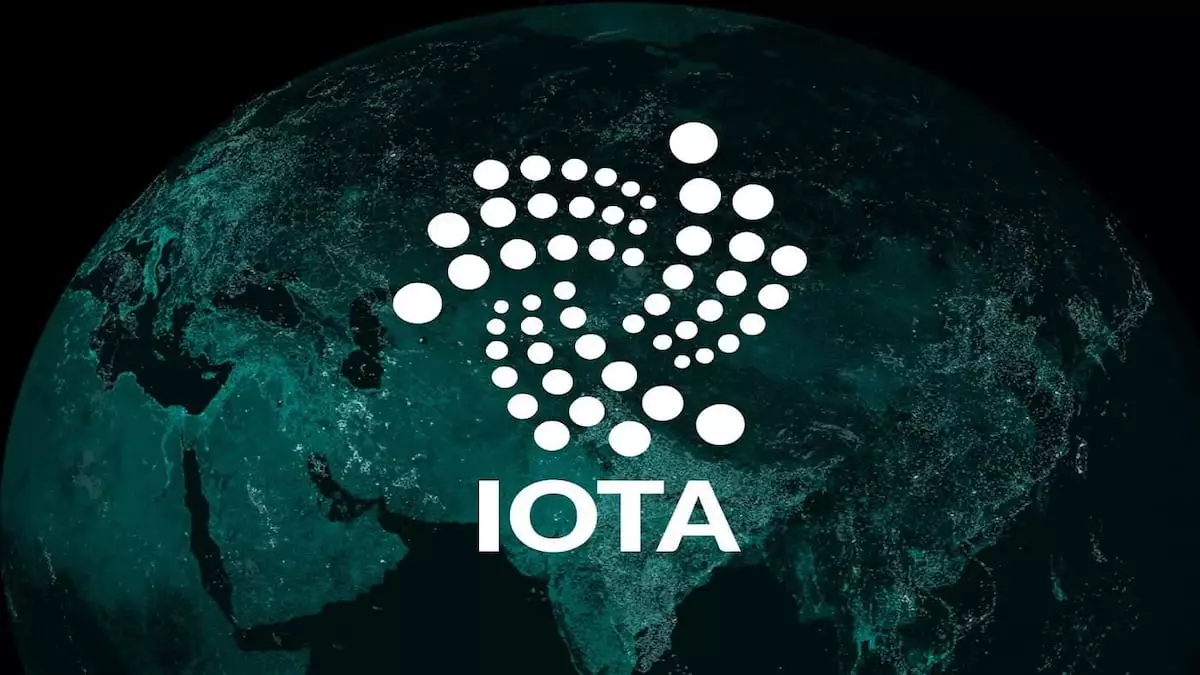In a significant development within the realm of Web3 technology, the IOTA Foundation’s Web3 Identification Solution has been selected for the European Blockchain Sandbox program. This decision marks a crucial step in the advancement of Know-Your-Customer (KYC) procedures and privacy within the Web3 space. The implications of this selection extend beyond technological innovation, sparking discussions on regulatory considerations surrounding KYC and privacy, particularly in the context of decentralized finance (DeFi) gaining momentum.
The European Blockchain Sandbox program was launched by the European Commission in 2023 to provide a controlled environment for testing and validating new distributed ledger technology (DLT) solutions. The initiative aims to foster collaboration with regulators across the EU, enabling a thorough evaluation of innovative projects within a supportive framework. Each cohort, comprised of a maximum of 20 projects, is meticulously selected based on various criteria such as maturity, legal and regulatory relevance, and alignment with the EU’s broader policy objectives. This year, the program selected a diverse group of 20 projects from a pool of 60 applicants spanning industries like fintech, secure data sharing, real estate trading, and public security.
The IOTA Foundation, in collaboration with walt.id, IDnow, Bloom Wallet, and HAVN, developed the Web3 Identification Solution to modernize and enhance traditional KYC procedures. These procedures have long been criticized for their inefficiency, high costs, and privacy risks. The innovative solution leverages distributed ledger technology (DLT) and tokenization to offer a more streamlined, secure, and privacy-centric approach to identity verification. The process begins with remote verification conducted by IDnow, a reputable identity verification platform in Europe that complies with EU Anti-Money Laundering (AML) and KYC regulations. Once verified, the identity data is encrypted by walt.id and stored as a soulbound token within the Bloom Wallet. This token can be used on various Web3 applications to confirm the user’s identity without disclosing personal information, significantly enhancing security and empowering users with greater control over their private data. Additionally, the HAVN Network provides an exclusive EVM-compatible KYC chain architecture connected to the Shimmer network, ensuring regulatory compliance and enabling seamless interchain communication and transaction validation.
The selection of IOTA’s Web3 Identification Solution for the European Blockchain Sandbox program represents a significant milestone in advancing regulatory conversations around KYC and privacy in the Web3 space. As DeFi continues to attract scrutiny from regulators, the solution’s ability to tokenize and securely store identity data enables a seamless and reusable KYC process, reducing the need for redundant verifications and enhancing user experience. This initiative aligns with broader European efforts to enhance digital identity verification, as evidenced by the upcoming European Digital Identity (EUDI) regulation, which mandates member states to provide at least one EU digital identity wallet to their residents or citizens by 2026.
In addition to the Web3 Identification Solution, the IOTA ecosystem has strengthened its capabilities through a partnership with Pyth Network. This collaboration integrates Pyth’s oracle services into the IOTA EVM, enhancing data accuracy and security for decentralized exchanges, lending protocols, and derivatives platforms. By offering real-time price updates at a high frequency, Pyth Network benefits a wide range of applications and blockchains, ensuring constant access to reliable data. This partnership underscores the industry’s collective effort to establish robust digital identity solutions amidst the evolving digital landscape.
The adoption of IOTA’s Web3 Identification Solution in the European Blockchain Sandbox program highlights the innovative approach of the IOTA Foundation and its partners in redefining identity verification for the Web3 environment. This advancement not only catalyzes regulatory discussions but also lays the groundwork for enhanced user privacy and security in online transactions. As the industry progresses, solutions like these will play a pivotal role in shaping the future of digital identity verification and regulatory compliance, ushering in a new era of trust and transparency in the digital realm.

